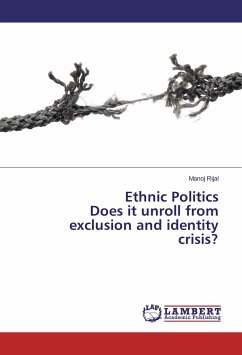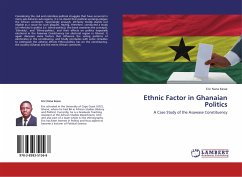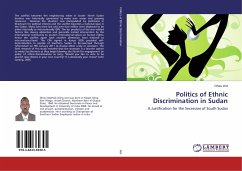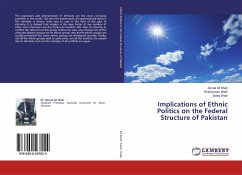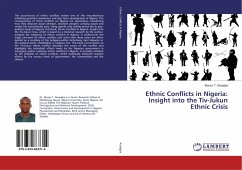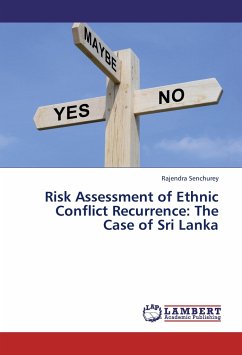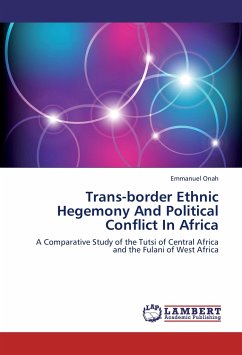This book, based on a research study, explores and analyzes whether exclusion and search for social identity lead people towards ethnic politics. Theories showing linkages of social exclusion and identity assertions with ethnic politics were used along with a supplementing theory of ethnic nepotism. People's joining of Tamsaling Party, a party largely based on Tamang community of Nepal, has been interpreted as the ethnic politics. Major findings of the research were: (a) search for social identity (M= 4.26) is a stronger motivation than social exclusion (M= 4.10) driving people towards ethnic politics, (b) among 4 exclusion factors, administrative exclusion (M= 4.30) is the greatest factor leading people towards ethnic politics; followed by political, educational and economic exclusions, respectively.

